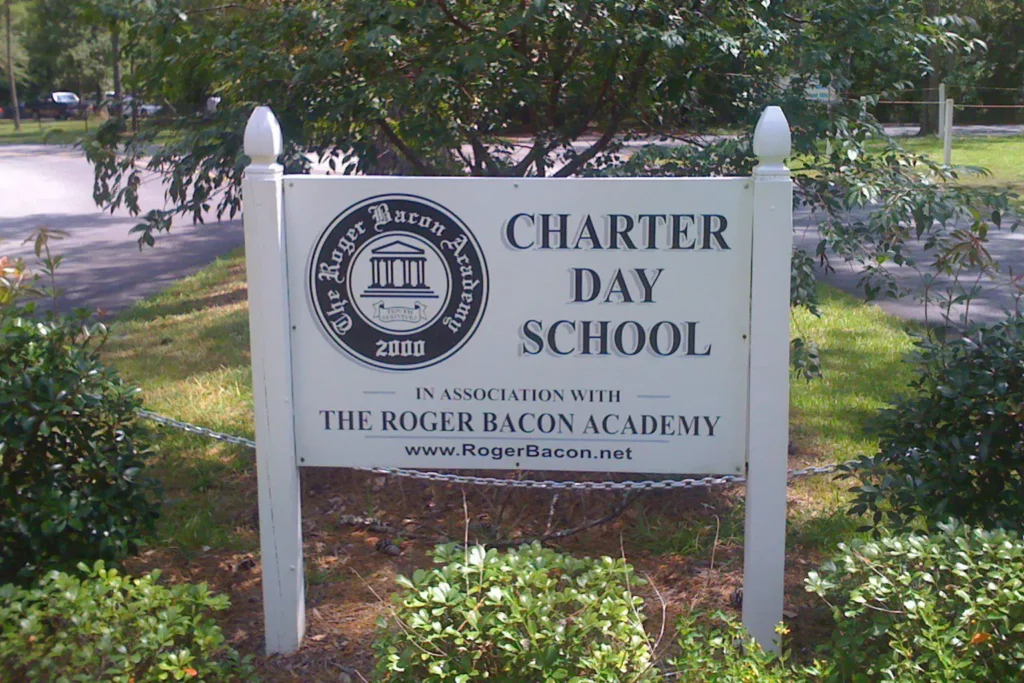In a significant development, the Supreme Court has chosen not to hear the appeal of North Carolina’s Charter Day School regarding its skirts-only dress code. After an en banc appeals panel deemed the mandate as perpetuating harmful gender stereotypes, the school’s defense was rejected. This decision sets an important precedent by recognizing that students in publicly funded charter schools are entitled to the same constitutional rights as their counterparts in public schools.

Skirts-Only Dress Code Ruled Unconstitutional
The Supreme Court’s decision not to hear the appeal upholds a federal court ruling that declared the skirts-only dress code at North Carolina’s Charter Day School unconstitutional. The en banc appeals panel concluded that the requirement perpetuated harmful gender stereotypes, infringing upon the rights of female students.
ACLU Advocates for Equal Rights
The American Civil Liberties Union (ACLU) played a crucial role in fighting the case on behalf of parents and students. With the assistance of ACLU lawyers, the plaintiffs successfully argued that girls in public charter schools deserve the same constitutional rights as their peers in public schools. The organization hailed the Supreme Court’s decision as a victory for charter school students nationwide.
Defining Chivalry and Gender Stereotypes
The case centered around an email sent in 2015 by Baker A. Mitchell Jr., the school’s founder, to a kindergarten student’s mother who objected to the skirts-only policy. Mitchell’s email emphasized the importance of preserving chivalry and traditional gender roles, defining chivalry as the notion that men should protect and honor women. The court found such reasoning to be based on impermissible gender stereotypes that discriminated against girls.
Charter School Autonomy and Constitutional Rights
The school’s legal team argued that as an independently functioning charter school, it had broad authority to devise educational policies without state coercion, citing North Carolina law.
They contended that the ultimate decision-making power rested with parents who chose to send their children to the school. However, the court’s ruling reaffirmed that charter school students, like their counterparts in district schools, are entitled to the same federal protections.
Implications and Reactions
The Supreme Court’s refusal to hear the appeal marks a significant victory for students attending public charter schools. The decision affirms that these students have the same constitutional rights as their peers in district schools.
The Justice Department supported the court’s rejection of the appeal, and the National Alliance for Public Charter Schools celebrated the move as a positive step toward equality in education. The federally funded institution faced a legal challenge from parents and students who argued that the requirement violated the Equal Protection Clause of the Constitution.
The Supreme Court’s decision not to hear the appeal of North Carolina’s Charter Day School regarding its skirts-only dress code has significant implications for students attending publicly funded charter schools.
By recognizing that these students are entitled to the same constitutional rights as their counterparts in public schools, the court emphasizes the importance of equal treatment and the elimination of gender stereotypes in education.
This ruling serves as a milestone in advancing gender equality within the educational system and reinforces the notion that all students should be provided with a fair and inclusive learning environment.



